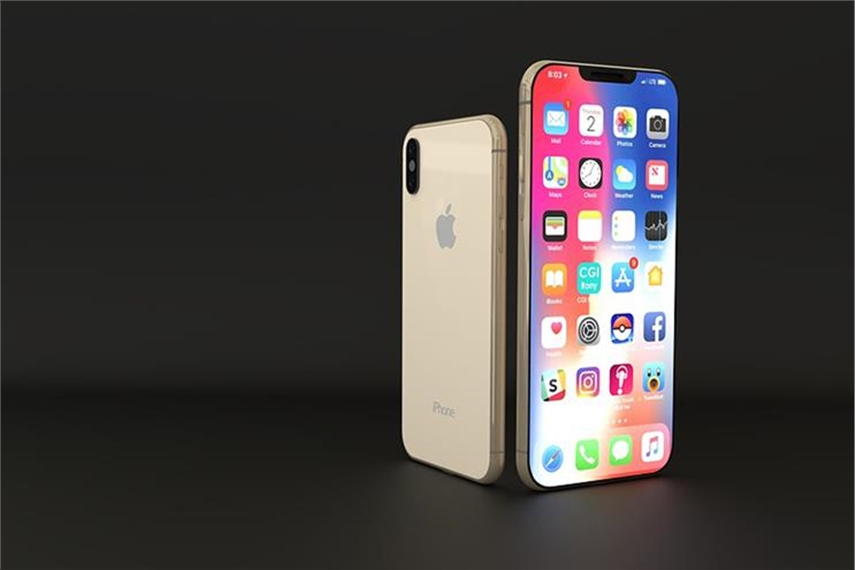
Please sign in or register
Existing users sign in here
Having trouble signing in?
Contact Customer Support at
[email protected]
or call+91 022 69047500
Smartphone sales are down but growth is in services, including App Store ads.

Contact Customer Support at
[email protected]
or call+91 022 69047500
Top news, insights and analysis every weekday
Sign up for Campaign Bulletins
Our weekly roundup of the latest appointments and account wins news from Sungrow Europe, The Advertising Club, Whoppl, and many more.
Following WPP’s strong showing at Spikes Asia 2025, its global CCO gets candid on charging for creative, pushing back against mediocrity, and making curiosity a non-negotiable—for work and for life.
As IPL ad spends soar, marketers face a hard truth—visibility alone doesn’t cut it. It's time to optimise for attention, not airtime.
Sustainability is no longer a slogan—it’s a survival strategy. FMCG players must align packaging innovation with consumer realities or risk losing relevance, say Ipsos India experts.